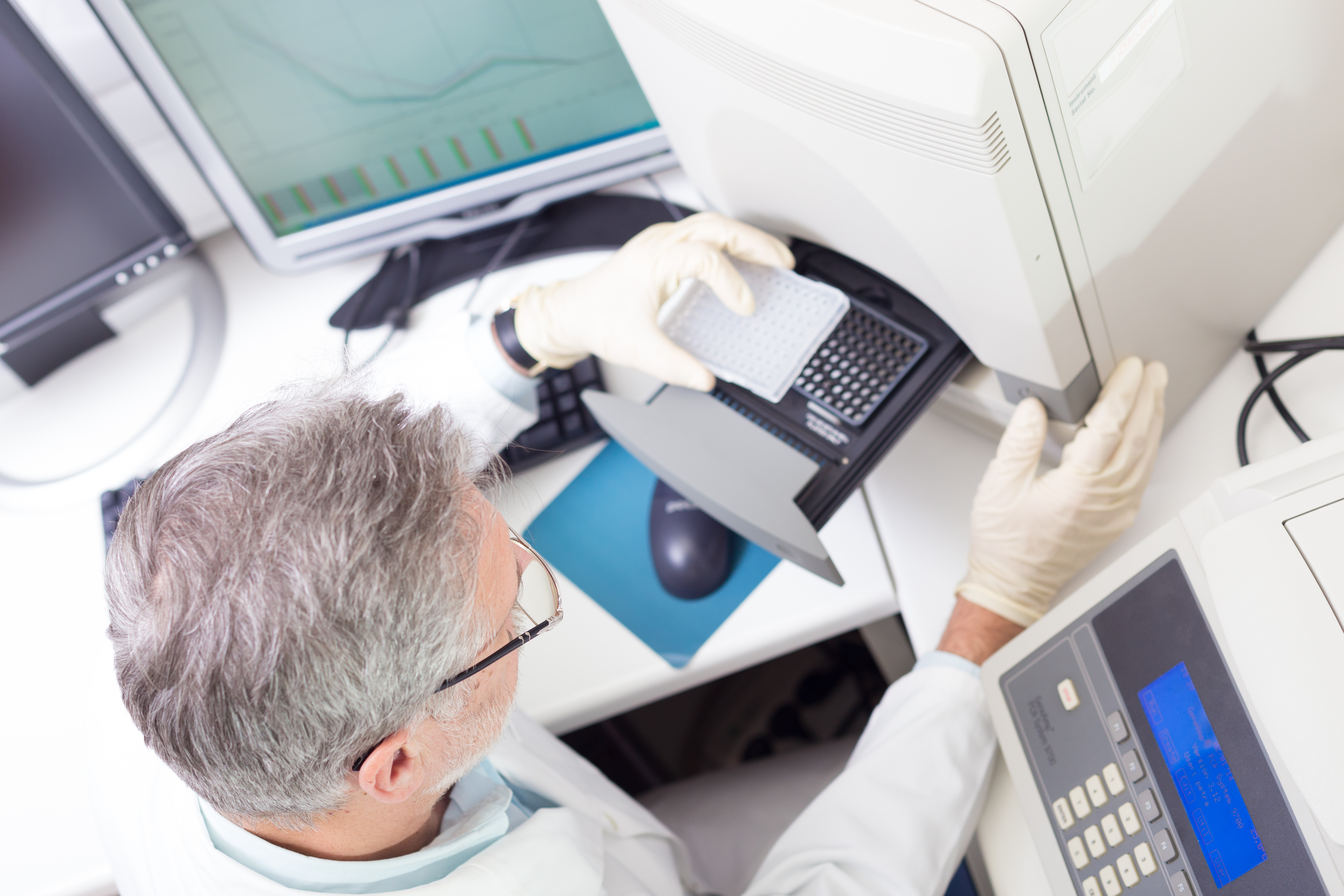Fibromyalgia patients were found to have alterations in their gut bacteria — a discovery that may pave the way to new diagnostic tools and treatments, according to researchers at McGill University Health Centre (MUHC).
Their study, “Altered microbiome composition in individuals with fibromyalgia,” was published in the journal Pain.
The gastrointestinal tract houses a complex and dynamic population of bacteria and other microorganisms, commonly called the gut microbiome, which exerts a marked influence on health and disease onset.
Several gut microbiome-related diseases have been identified including irritable bowel syndrome (IBS), type 2 diabetes, chronic kidney disease, depression, Parkinson’s disease, among other disorders.
Many fibromyalgia patients experience gastrointestinal (GI) symptoms, with studies suggesting a high rate of IBS among patients with fibromyalgia.
The Canadian team of researchers set out to investigate a possible link between gut bacteria and fibromyalgia. The gut microbiomes of 77 women diagnosed with the chronic pain syndrome were compared with those of 79 healthy subjects — including people in close contact with the patients, such as parents, children, or siblings. Participants gave stool, blood, saliva, and urine samples.
Nineteen different species of bacteria were identified in the GI tract of fibromyalgia patients. Concentrations of the microorganisms were found to be either increased or decreased compared with the controls.
“We used a range of techniques, including Artificial Intelligence, to confirm that the changes we saw in the microbiomes of fibromyalgia patients were not caused by factors such as diet, medication, physical activity, age, and so on, which are known to affect the microbiome,” Amir Minerbi, MD, PhD, from the Alan Edwards Pain Management Unit at MUHC, and the study’s first author, said in a press release.
“We found that fibromyalgia and the symptoms of fibromyalgia — pain, fatigue and cognitive difficulties — contribute more than any of the other factors to the variations we see in the microbiomes of those with the disease. We also saw that the severity of a patient’s symptoms was directly correlated with an increased presence or a more pronounced absence of certain bacteria — something which has never been reported before,” Minerbi added.
Scientists then developed a machine-learning algorithm that enabled the diagnosis of fibromyalgia based solely on the bacteria living in the patients’ guts.
“By using machine learning, our computer was able to make a diagnosis of fibromyalgia, based only on the composition of the microbiome, with an accuracy of 87 per cent. As we build on this first discovery with more research, we hope to improve upon this accuracy, potentially creating a step-change in diagnosis,” said Emmanuel Gonzalez, PhD, from the Canadian Center for Computational Genomics and the Department of Human Genetics at McGill University, and the study’s second-author.
This study is the first time that gut bacteria changes have been linked to chronic, non-visceral, diffuse pain, the researchers said.
“This observation paves the way for further studies, elucidating the pathophysiology of [fibromyalgia], developing diagnostic aids and possibly allowing for new treatment modalities to be explored,” the authors concluded.
Nonetheless, the scientists have yet to determine if the observed alterations are biomarkers of fibromyalgia or if they actively contribute to the disease’s molecular mechanism. To shed additional light on the matter, MUHC researchers will soon study microbiome changes in another fibromyalgia population and in animal models of the disease.

